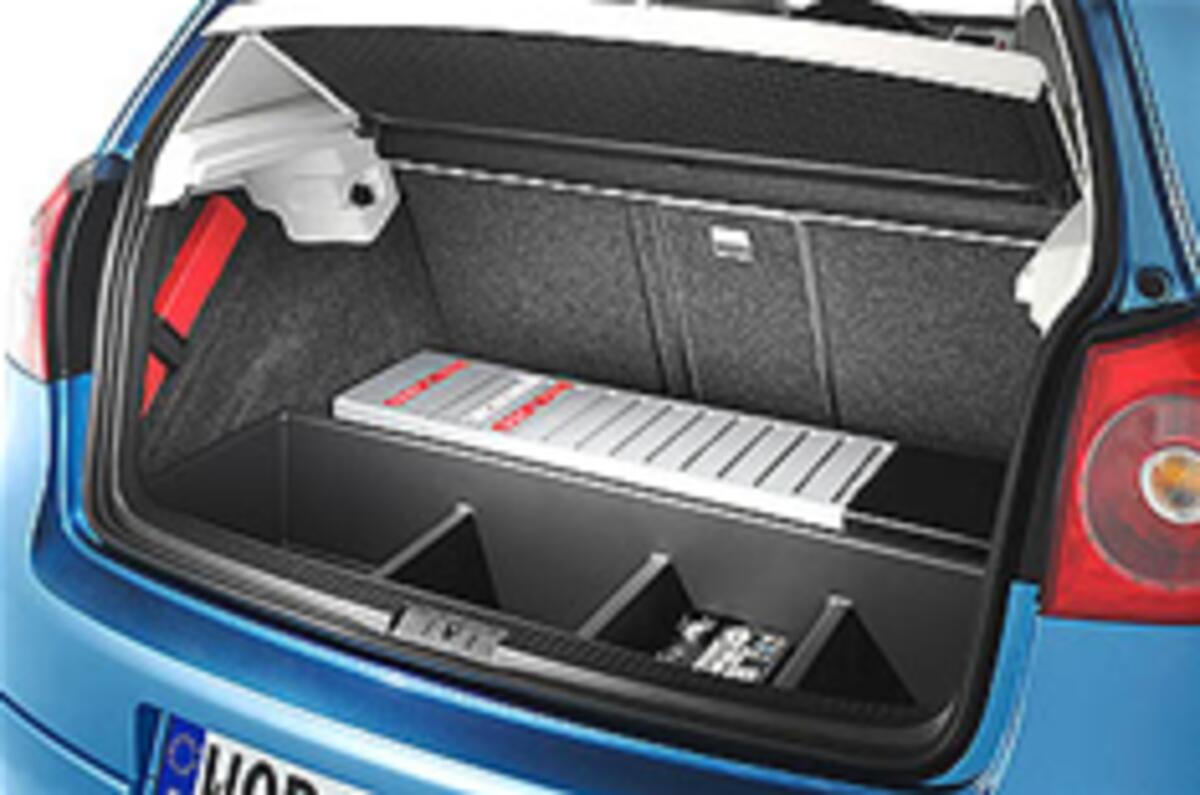Toyota and Volkswagen have put their money behind opposing technologies as the high oil price makes hybrid cars a viable consumer option.Volkswagen has partnered with Sanyo, the world’s largest manufacturer of rechargeable batteries, to develop a lithium-ion battery system for use in its hybrid vehicles.Sanyo intends to open a new factory in 2010 that will have the capacity to produce enough batteries to power 1.75 million hybrid vehicles. The company also produces nickel metal hydride (NiMH) batteries for Ford.Toyota’s technology partner, Panasonic, continues to produce NiMH batteries for the car maker’s hybrid range. The pair recently released details of their new battery plant north of Tokyo, which will produce 100,000 NiMH batteries a year by 2010.Panasonic has been licensing the NiMH technology from Cobasys since 2005, but the patent is due to expire in 2015.
Volkswagen and Toyota are developing advanced lithium-ion battery systems for their hybrid vehicles
Close
Join our WhatsApp community and be the first to read about the latest news and reviews wowing the car world. Our community is the best, easiest and most direct place to tap into the minds of Autocar, and if you join you’ll also be treated to unique WhatsApp content. You can leave at any time after joining - check our full privacy policy here.




Join the debate
Add your comment
Re: Car makers show their metal
Damnit Autocar, you've gone an turned of JJB just when he asked a reasonable question in a reasonable manner.
4-5 miles is based on figures from actual electric cars, which naturally include all the power required to run lights, 'hotel' etc etc, so I think it's reasonable. Without more data it's hard to quantify the amount of power required to run all those things.
Where electric and petrol differ is that electric cars use the least energy in 'urban' driving where speeds are low and regenerative braking comes into play. As the speed goes up, so does the energy demand. As you well know, petrol/diesel cars are poor at low speeds, peak in the middle, and get worse above that. The efficiency of an electric motor doesn't vary much over the entire operating range, a petrol engine does by a factor of three or more.
300 miles real-world range on the motorway at 80mph, and fast charge/battery swap-out would be absolutely required if an electric car was going to be 100% capable of replacing a petrol/diesel car, I think. 80% of the time isn't much cop - the whole point of the car is freedom so it's no good if you're tied down by range.
Re: Car makers show their metal
Gah, and I thought some of this might have been relevant rather than just bickering. Anyhow, a couple or three more thoughts I had whilst driving today:
1) I personally would not buy an electric car with a range less than 250 miles, real-world, absolute minimum. I wonder how many people, like me, drive on average 30 miles a day over a year, but actually do it in much larger individual chunks. 50 mile range might work on average, but probably not in reality.
2) Having worked out that my car had just cost me 15p per mile on petrol, 15p for a kWh of electricity which might get me 4 or 5 miles seems pretty appealing!
3) Using 8000 laptop battery cells to power a car is silly (think of the volume of packaging compared to active material), but until a volume market exists for bigger cells (big enough for 50-100 per car) they're the cheapest option hence the unexceptional figures for the Tesla battery.
Re: Car makers show their metal
Just to put a rough figure on that, compared to a £15k diesel that does 60mpg, if you could build a competitive EV for £25k break-even would take 10 years at 12k miles per year by my reckoning. Make it a 30mpg petrol and you break even in 5 years. Put the mileage up to 20k and it comes down to 3 years. Still too long if people are going to change cars every 3 years or less.
This is assuming that tax, insurance, servicing+MOT and fuel price inflation are identical for both and there are no 'unexpected costs' on either. (i.e. I haven't fiddled things massively in favour of the EV). If inflation goes up, or annual mileage goes up, the 'break-even' point shifts closer. If diesel suffers higher inflation than electricity then it makes quite a big difference as most of the running cost of the diesel is fuel, most of the cost of the EV is purchase cost. I've not considered depreciation (or alternatively I'm considering 100% depreciation).
I'm not going to jump on the 'CO2/pollution/emissions/peak oil' bandwagon either, I think it needs to stand up on purely financial grounds to make commercial sense. I would be entirely unsurprised if big manufacturers do jump on that bandwagon and get granted tax breaks though. I can see that upsetting a few people...
(How's that for some down-to-earth money talk instead of head-in-the-clouds engineer dreaming eh? ;) )